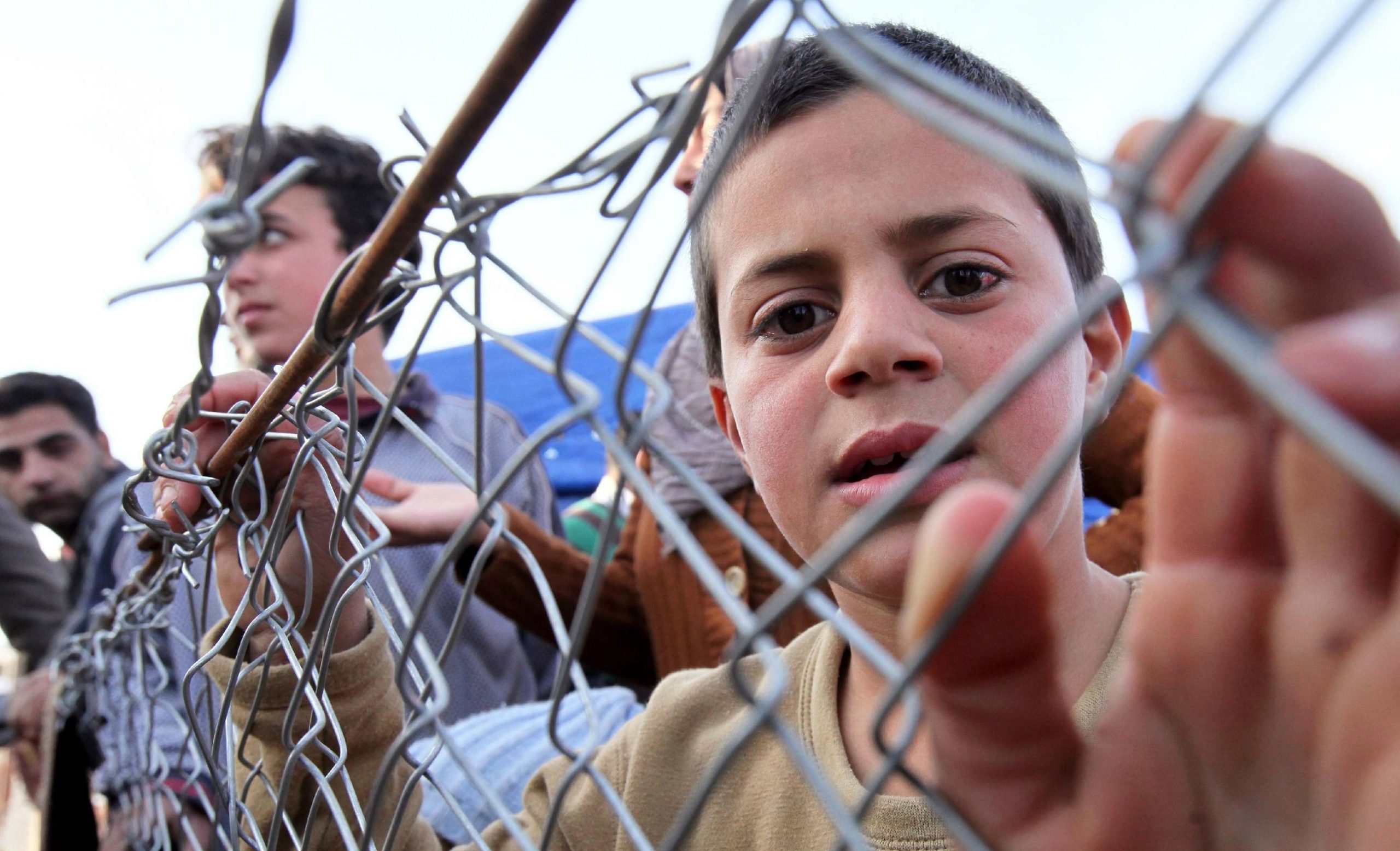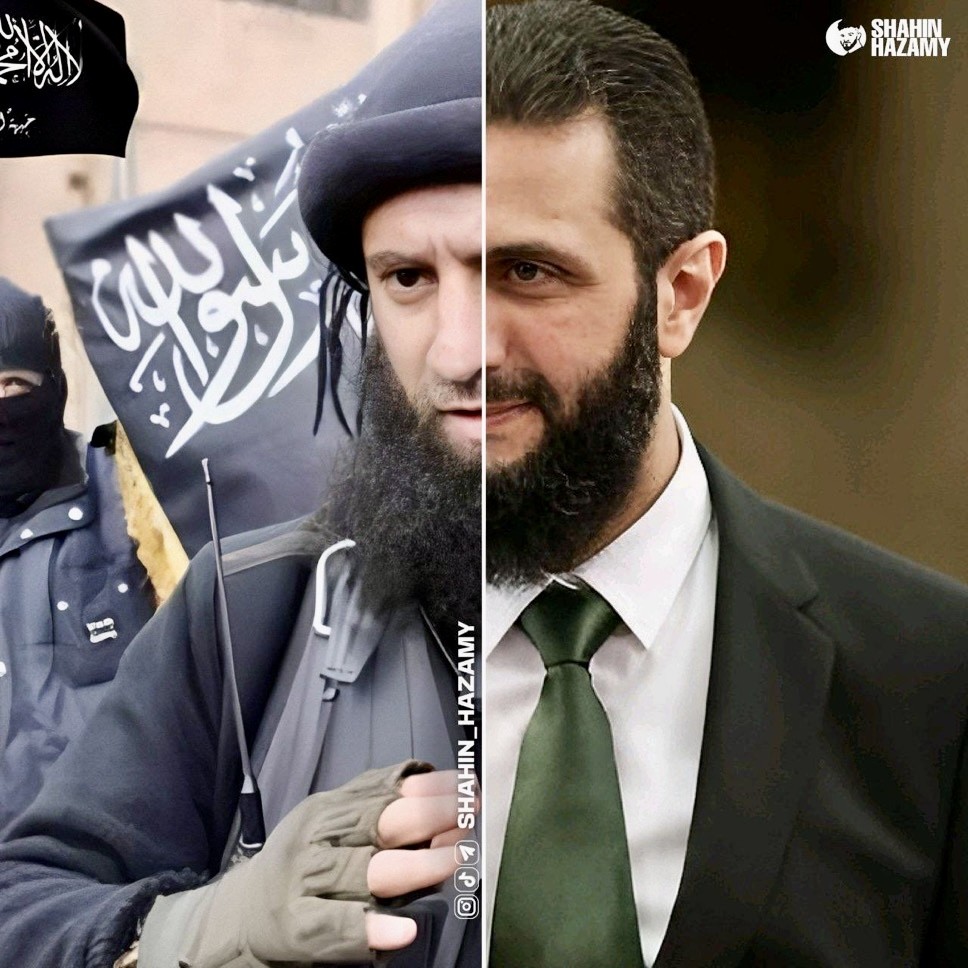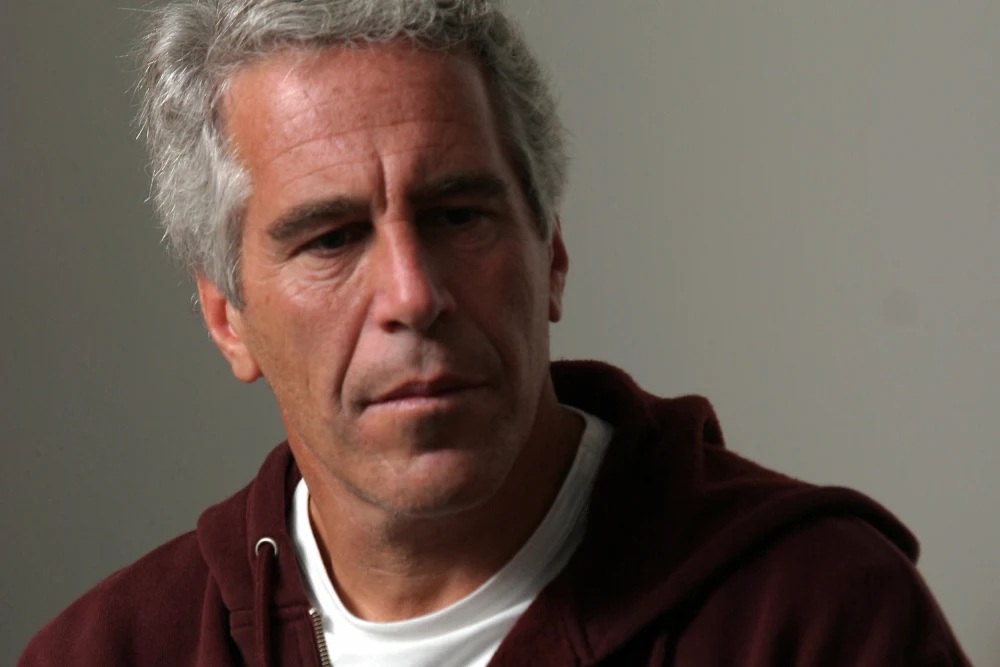
A draft UN Security Council resolution circulated Friday would authorize the delivery of humanitarian aid to Syria across the borders of Turkey and Iraq, but Syria’s close ally Russia holds the key to its adoption.
Russia has come under intense pressure from the UN, US and others who warn of dire humanitarian consequences for over a million Syrians if all border crossings are closed. Russia says aid should be delivered across conflict lines within Syria to reinforce the country’s sovereignty over the entire country.
The Security Council approved four border crossings when deliveries began in 2014, three years after the start of the Syrian conflict. But in January 2020, Russia used its veto threat in the council to limit aid deliveries to two border crossings, and in July 2020, its veto threat cut another. So today, aid can only be delivered through the Bab Al-Hawa crossing from Turkey to Syria’s rebel-held northwest, and its mandate ends on July 10.
The draft resolution circulated by Norway and Ireland and obtained by The Associated Press would keep the Bab Al-Hawa crossing and restore aid deliveries through the Al-Yaroubiya crossing point from Iraq in the mainly Kurdish-controlled northeast that was closed in January 2020. It would also end the six-month mandate Russia insisted on and restore a one-year mandate.
Security Council experts are expected to discuss the proposed resolution early next week.
The one-page draft resolution states that “the devastating humanitarian situation in Syria continues to constitute a threat to peace and security in the region.”
Former UN humanitarian chief Mark Lowcock, who just stepped down, told the council last month that delivering aid across conflict lines cannot replace cross-border deliveries and called the cross-border operation at Bab Al-Hawa “a lifeline.”
If it isn’t reauthorized, he warned, food deliveries for 1.4 million people every month, millions of medical treatments, nutrition for tens of thousands of children and mothers and education supplies for tens of thousands of students will stop.
US Ambassador Linda Thomas-Greenfield, who recently visited the Bab Al-Hawa crossing, expressed disappointment that the resolution “falls short” of the three crossings the United Stated is seeking to restore. She said a second crossing from Turkey to the northwest at Bab Al-Salam that was closed in July 2020 should also be restored.
Since then, she said, not a single cross-line convoy has reached Idlib in the rebel-held northwest. And she said since Al-Yaroubiya was closed, “needs have risen 38 percent in northeast Syria.”
“Millions of Syrians are struggling, and without urgent action, millions more will be cut off from food, clean water, medicine and COVID-1 vaccines,” Thomas-Greenfield said. “The situation is devastating and will only get worse if we don’t act.”
David Miliband, president and CEO of the International Rescue Committee, welcomed efforts to continue aid to the northwest and restore deliveries to the northeast but also expressed concern that the resolution didn’t also seek to restore deliveries through Bab Al-Salam. He called the crossing from Turkey “a direct gateway” to northern Aleppo, which is home to 800,000 displaced people.
“Violence and insecurity have previously forced Bab Al-Hawa ... to close, jeopardizing the timely delivery of aid to millions of Syrians,” he said, calling on the Security Council to “maximize the number of crossing points, and access to aid, as a matter of urgency.”
Russia’s Foreign Minister Sergey Lavrov accused the strongest militant group in the northwest, Hayat Tahrir Al-Sham, of blocking cross-line humanitarian convoys “with the connivance of Ankara.”
Lavrov accused Western donors, who are the major providers of humanitarian aid to Syria, of “blackmailing,” by threatening to cut humanitarian financing for Syria if the mandate for Bab Al-Hawa is not extended.
“We consider it is important to resist such approaches,” he said in a recent oral statement conveyed to UN Secretary-General Antonio Guterres and obtained Tuesday by AP.
Russia’s UN Ambassador Vassily Nebenzia insisted on Wednesday that aid can and should be delivered across conflict lines in Syria and accused the UN and the West of doing nothing to promote such deliveries during the past year.
Unless Western nations “both in words and deeds prove their commitment to this goal,” he warned that there is no point in speaking about renewing the mandate for the one remaining border crossing from Turkey to northwest Idlib at Bab Al-Hawa.
“We still have some time before the `D-Day’. Hopefully it will not be wasted,” Nebenzia said.
Unity within the Security Council is of critical importance to the survival of millions of Syrians who continue to be in desperate need of life-saving aid, the UN’s special envoy for Syria said on Friday.
“It is absolutely vital to maintain and expand access, including cross-border and cross-line operations,” Geir Pedersen told the 15 members of the council.
His comments came as Western council members appear to be heading for a showdown next month with Russia and China — both of whom are permanent members and hold the power of veto — over the renewal of the mandate for the aid operation in Syria.
UN Secretary General Antonio Guterres warned council members on Wednesday that a failure to renew the cross-border mechanism for aid to Syria would have “devastating consequences” for civilians across the war-torn country.
The previous cross-border authorization was approved in 2014 and covered four border crossings. Opposition in the past year from Russia and China to the renewal of all four has resulted in three of them closing, leaving only one still operating, at Bab Al-Hawa on the border with Turkey. The mandate for this crossing will expire on July 10, and so a successful Security Council vote is required if it is to stay open beyond then.
“A large-scale cross-border response is essential for an additional 12 months to save lives,” Pedersen told council members.
The UN estimates that more than 13 million people across Syria need humanitarian assistance to survive.
Russia argues that the international aid operation violates the sovereignty and territorial integrity of Syria. The Russian ambassador to the UN, Vassily Nebenzya, has dismissed the need for cross-border assistance as “an anachronism.”
He said his country initially accepted the mechanism because Syria “was (then) riven into parts by terrorists.” He argues that Syria has now been “liberated” and so all aid to the north should go through Damascus.
Nebenzya blamed the deteriorating humanitarian situation in Syria on the West’s “illegal economic sanctions.”
He added: “We consider this a continuing attempt to oust the legal authorities of the country through economic suffocation.”
China’s representative at the meeting also blamed the economic problems in the country on unilaterally imposed Western sanctions. He called for them to be lifted, and warned that “any scheme to effect regime change in Syria must be utterly renounced.” He also called on the council to separate humanitarian aid from the political process.
However the US ambassador to the UN, Linda Thomas-Greenfield, who recently visited the Bab Al-Hawa crossing, said the “dire humanitarian crisis directly informs the political situation.”
She called on the council to reauthorize the crossing, describing it as “a literal lifeline for millions of Syrians,” and reinstate two other crossings at Bab Al-Salam and Al-Yaroubiyah. She warned that the political situation will go from bad to worse if Russia and China continue to refuse to renew the cross-border mandate.
“If we cut off cross-border aid, we further destabilize the region — it will encourage more internally displaced people to flee,” said Thomas-Greenfield.
“As everyone made clear to me when I visited the border — refugees, NGO representatives, UN humanitarian workers, local experts — there is no alternative for cross-border assistance. None.”
The American envoy reiterated that her country will not normalize or support any reconstruction aid that benefits the Assad regime.
France’s permanent representative, Nicolas de Riviere, pleaded with the council not to abandon the Syrian people “to the goodwill of the Assad regime,” and instead to return to “the heart of (resolution) 2254.”
Resolution 2254, adopted in December 2018, calls for an immediate ceasefire, constitutional reforms and “free and fair elections” to be held. It also calls for the release of all detainees, the disclosure of the fate of all people who were forcibly disappeared, and arrangements to be made for the dignified and safe return of displaced people and refugees.
Special envoy Pedersen said that he laments the failure to make any real progress on the political track and regrets the “gulf of mistrust between the parties and the complexity of the situation on the ground,” as he urged the council to unite.
“Trust and confidence will be built through actions not words,” he said. “Key players need to be ready to come to the table with the necessary goodwill and something to deliver.
“I believe we need a new, constructive international dialogue on Syria to discuss concrete steps — steps that should be reciprocal and mutual, defined with realism and precision, implemented in parallel, and which are verifiable.
Source: Arab News





